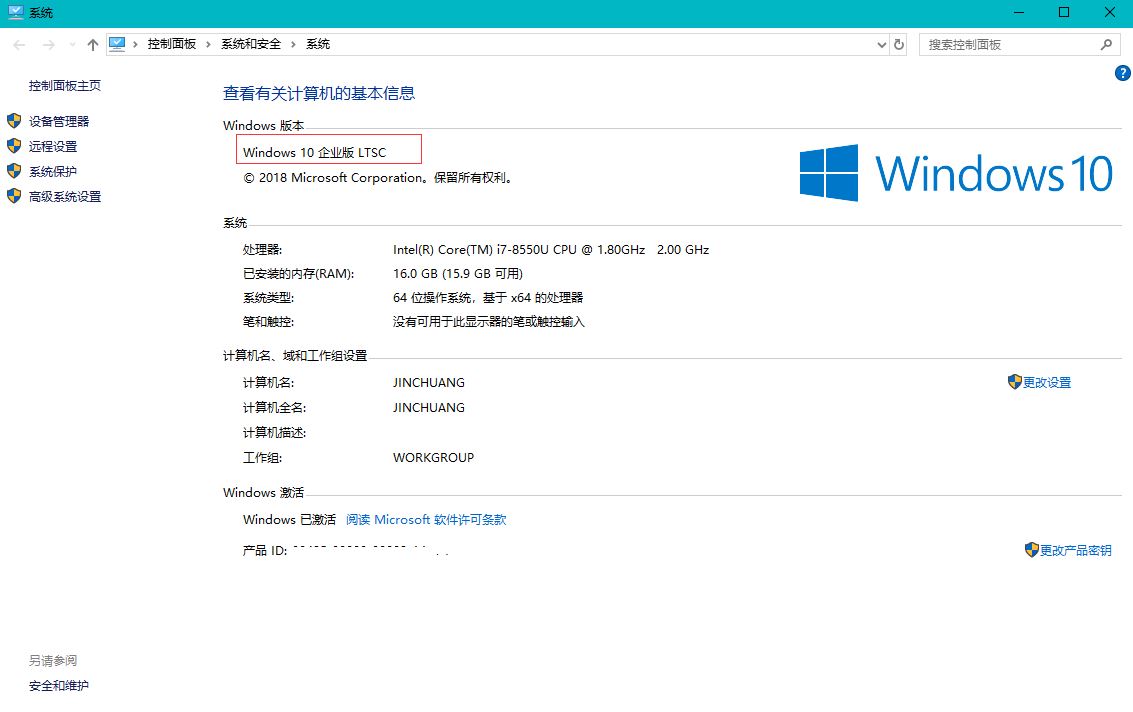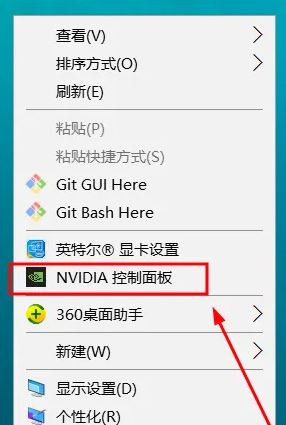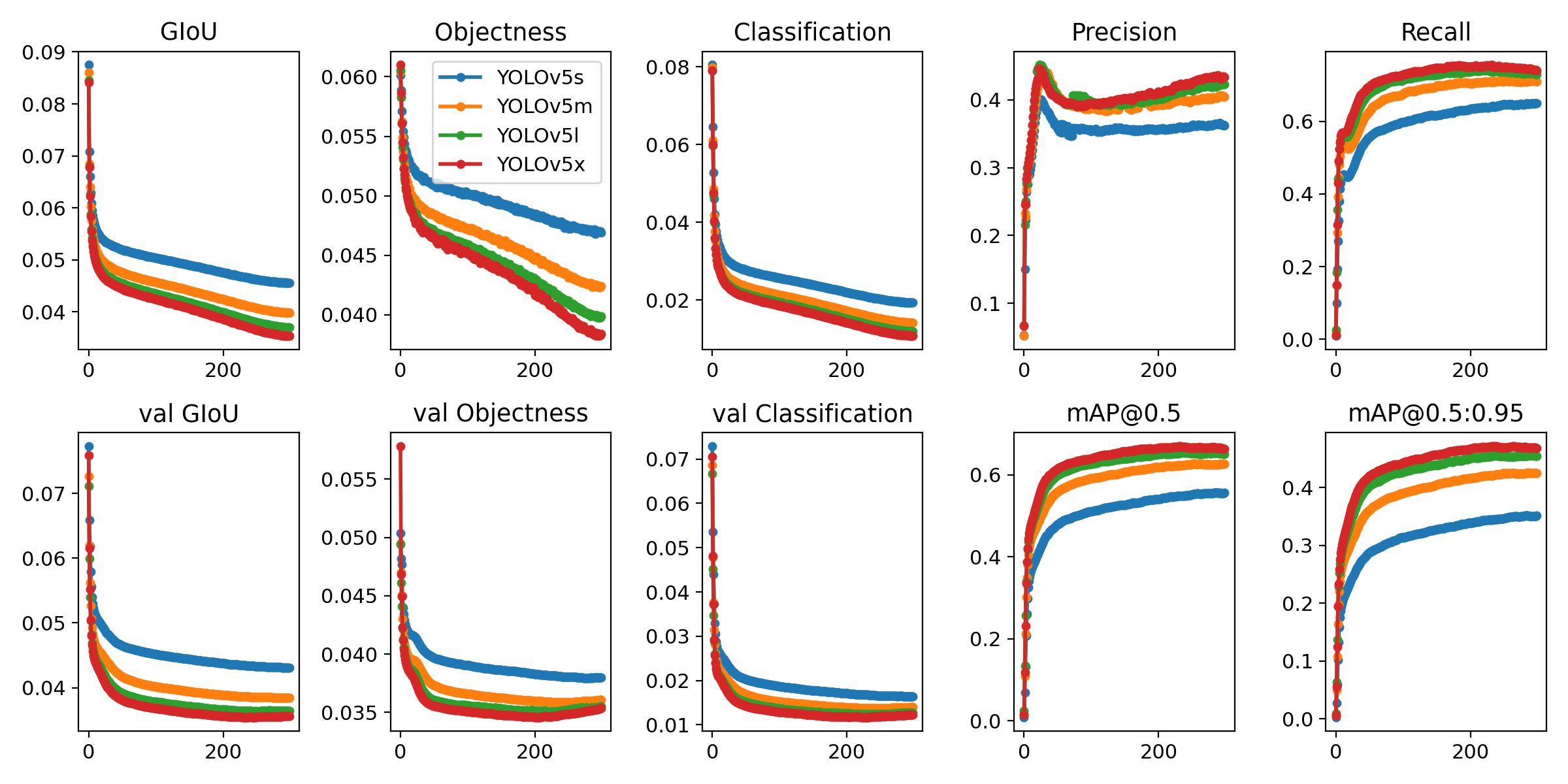GraphQL Mutations 是一种修改数据的 API 操作。 就像 Query,Mutation 是 GraphQL 架构 :
const schema = `
type Query {
getCount: CountResult
}
type Mutation {
increment: CountResult
}
type CountResult {
count: Int
time: Float
}
`;每一位成员 Mutation type 是一种独特的 API 操作,可用于修改数据。 在上面的模式中,只有一个 Mutations: increment(),increment() 操作返回一个类型的对象 CountResult。
实现 Mutations
GraphQL 模式只是类型定义的列表。 您还需要实现的业务逻辑 increment() Mutations。与查询一样,您实现 increment() 作为 解析器 Mutation 类型:
const { ApolloServer, gql } = require(apollo-server);
let count = 0;
const schema = gql(`
type Query {
getCount: CountResult
}
type Mutation {
increment: CountResult
}
type CountResult {
count: Int
time: Float
}
`);
const resolvers = {
Query: {
getCount: () => ({ count, time: Date.now() })
},
// `increment` is just a resolver for the Mutation type
Mutation: {
increment: () => ({ count: ++count, time: Date.now() })
},
CountResult: {
count: obj => obj.count,
time: obj => obj.time
}
};
const server = new ApolloServer({ typeDefs: schema, resolvers });
const handle = await server.listen();
const axios = require(axios);
// Call the `increment` mutation
await axios.post(handle.url, {
query: mutation { increment { count, time } }
});
// After the `increment` mutation, `count` is now 1
const { data } = await axios.post(handle.url, {
query: { getCount { count, time } }
});
data.data; // { getCount: { count: 1, time: 1581442587371 } }请注意,要实际调用 Mutations,您需要使用字符串开始 GraphQL 查询 mutation:
await axios.post(handle.url, {
// Note mutation below. Not necessary for queries, but
// necessary for mutations.
query: mutation { increment { count, time } }
});Mutations 参数
GraphQL Mutations 是一个与其他任何函数一样的函数。 您也可以将参数传递给您的 Mutations。 例如如果您想允许 increment() 使用 1 以外的值,您可以添加一个 Number 参数 increment() Mutations:
const schema = `
type Query {
getCount: CountResult
}
type Mutation {
increment(num: Int): CountResult
}
type CountResult {
count: Int
time: Float
}
`;Apollo 将传入 Mutations 的参数作为第二个参数传递给 Mutations 的解析器函数:
increment: (obj, args) => {
args.num; // Whatever the user passed in `increment()`
}下面是一个完整的 increment() 实现:
let count = 0;
const schema = gql(`
type Query {
getCount: CountResult
}
type Mutation {
increment(num: Int!): CountResult
}
type CountResult {
count: Int
time: Float
}
`);
const resolvers = {
Query: {
getCount: () => ({ count, time: Date.now() })
},
// `increment` is just a resolver for the Mutation type
Mutation: {
increment: (obj, args) => {
count += args.num;
return { count, time: Date.now() };
}
},
CountResult: {
count: obj => obj.count,
time: obj => obj.time
}
};
const server = new ApolloServer({ typeDefs: schema, resolvers });
const handle = await server.listen();
let axios = require(axios);
// Call the `increment` mutation with an argument. Note that
// GraphQL arguments are named: you need to put `num: 5`, not
// just `5`.
await axios.post(handle.url, {
query: mutation { increment(num: 5) { count, time } }
});
// After the `increment` mutation, `count` is now 5
const { data } = await axios.post(handle.url, {
query: { getCount { count, time } }
});
data.data; // { getCount: { count: 5, time: 1581442587371 } }© 版权声明
文章版权归作者所有,未经允许请勿转载。
THE END









请登录后查看评论内容